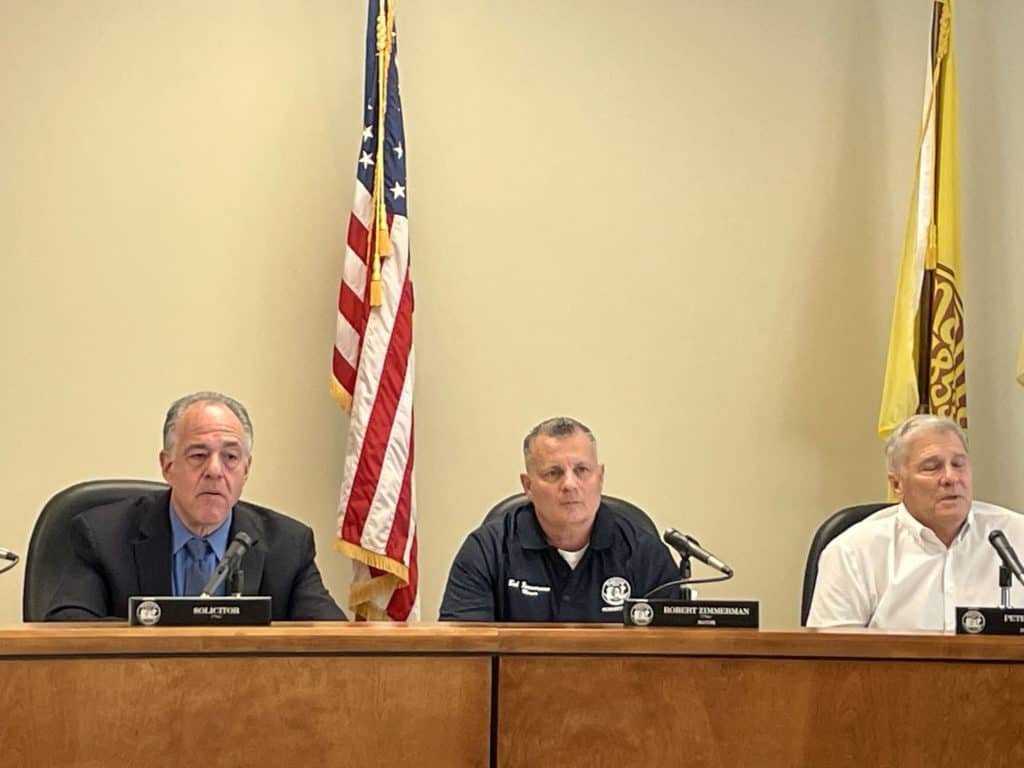

The Mantua Township Committee adopted several ordinances at its April 10 meeting focused primarily on complying with the state’s rules on setting aside affordable housing lots.
The number of lots a municipality has to have varies, but according to the township’s lawyer on affordable housing, James Kyle, Mantua needs to have 423 units.
“Initially, the settlement number that was proposed by Fair Share Housing Center was 493,” he said. “Ultimately, we were able to get that number down to 423 total units. So, we were given a discount on the initial settlement number.”
The approved ordinances will do the following:
- Amend the Route 55 Redevelopment Plan, which will allow increased density and to be more inclusive to low- and moderate-income households.
- Update Mantua’s affordable-housing regulations to be consistent with Uniform Housing Affordability Control rules, Council of Affordable Housing’s (COAH) requirements and Fair Housing.
- Acknowledge that the township will comply with a settlement agreement with Fair Share Housing Center.
Public hearings for each ordinance saw residents voice concerns about the measures.
“To me, increasing densities means an increase in housing units,” said one resident who asked not to be named. “But I see no estimate currently on how many units we are talking about. One of the ordinances says there will be one–, three- and four-bedroom units. The impact on our school system and taxes could be substantial.”
“What we were able to do was increase the density on that property (Route 55 site) alone and increase the mandatory set aside from what is normally 15 percent to 25 percent,” Kyle responded. “By doing that, we’re going to forgo a number of additional market rate units that we potentially would have accepted as part of that.”
Kyle explained that any effect on the Mantua school district would be minimal. He also noted that the reason for the discussions on fair housing is so the township can maintain control of the selection process for its lots.
“If we did not (do this), we could be sued by the developer, and at that stage, we have lost control of the process,” he said. “By going through settlement and coming up with this plan, we’re having this development where we think it’s best to occur and in what form, rather than being dictated by the developer suing us and a judge allowing the process to happen.”









